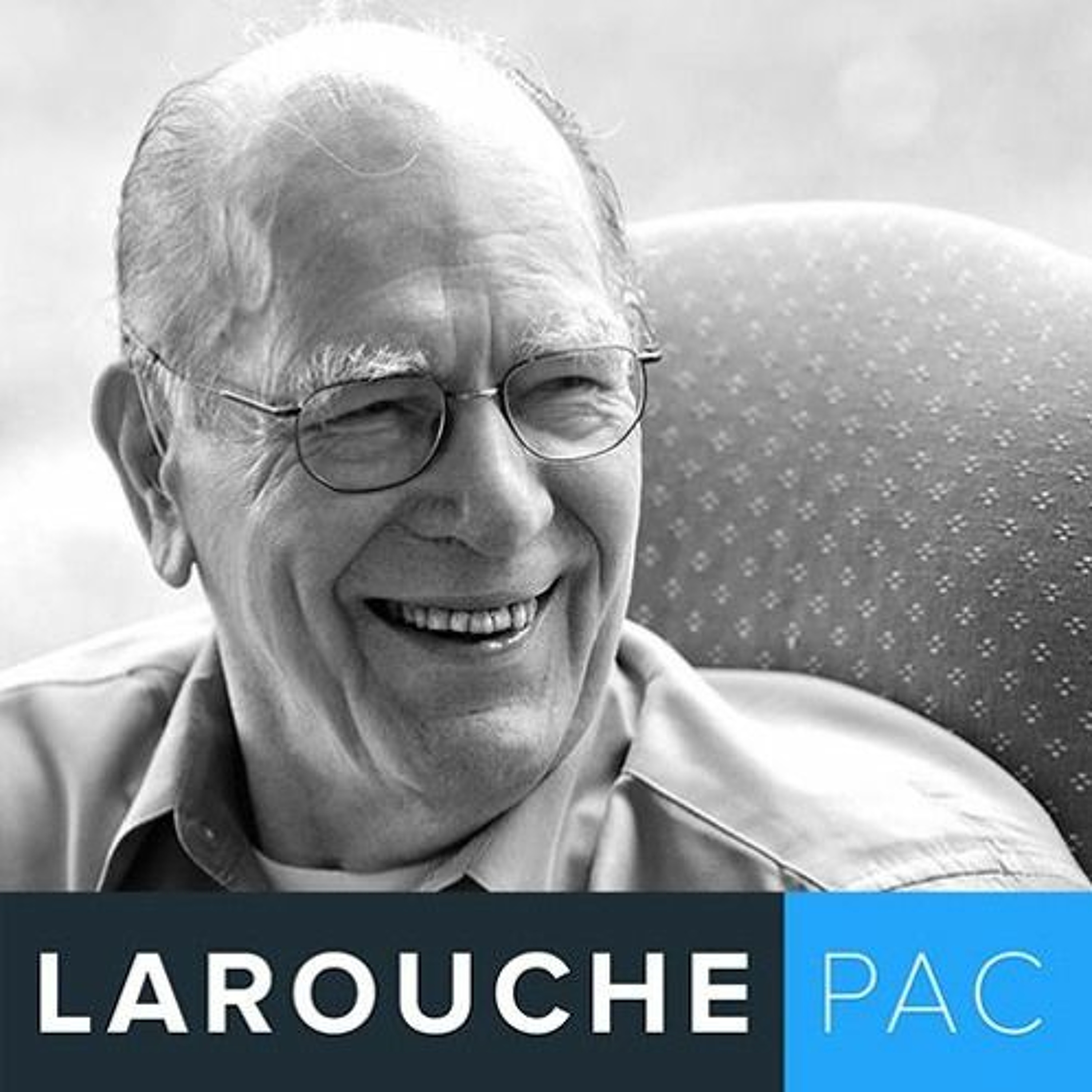How To Think In A Time Of Crisis Think Like Beethoven!

LaRouchePAC's convening of this weeks national town hall meeting will feature Helga Zepp-LaRouche and Harley Schlanger to address the strategic maelstrom erupting in the United States and around the world, now exacerbated by the announcement that President Trump and the first lady have tested positive for COVID-19. On October 3, 1990, thirty years ago, the nation of Germany was reunified after 45 years. Three years earlier, in August, 1987, Lyndon LaRouche wrote an article entitled: “Will Berlin Become Germany’s Capital Again?” even as he was being unjustly persecuted, through a Boston trial proceeding, by Robert Mueller and others. LaRouche forecasted: “I believe, that if I become US president in 1989… that Berlin might become the capital of a re-unified Germany.... I say this in all seriousness. I say this not to brag, but as a useful way of illustrating a very important point of statecraft for today’s troubled age.” There was no “evidence” whatsoever for LaRouche’s forecast at the time. So far as anyone else in 1987 could perceive, the Berlin Wall stood as strong, as defiant, as oppressive and impenetrable then, as it had from when it had first been constructed in 1961. Though Mueller and his henchmen successfully carried out their orders from British Intelligence to put LaRouche in jail in January of 1989, the Berlin Wall fell on November 9 of that same year, and his forecast of German reunification came true less than a year later. LaRouche knew how to think in a time of crisis. He refused to be reduced in his thinking to merely focusing on pressing but momentary concerns, even legal concerns. like Ludwig van Beethoven, LaRouche refused to shrink himself to the size of the mediocre expectations and aspirations of his time, much less the moral level of his opponents. And he believed this quality to be not merely a personal trait, but an intelligible capacity that could be taught to and learned by others. Helga Zepp-LaRouche will address the required shift in cultural outlook that must be immediately undergone in order to equip Americans and others to address the present unfolding crisis confronting the American, Russian and Chinese Presidents in the way that Beethoven, and Lyndon LaRouche, would have thought.